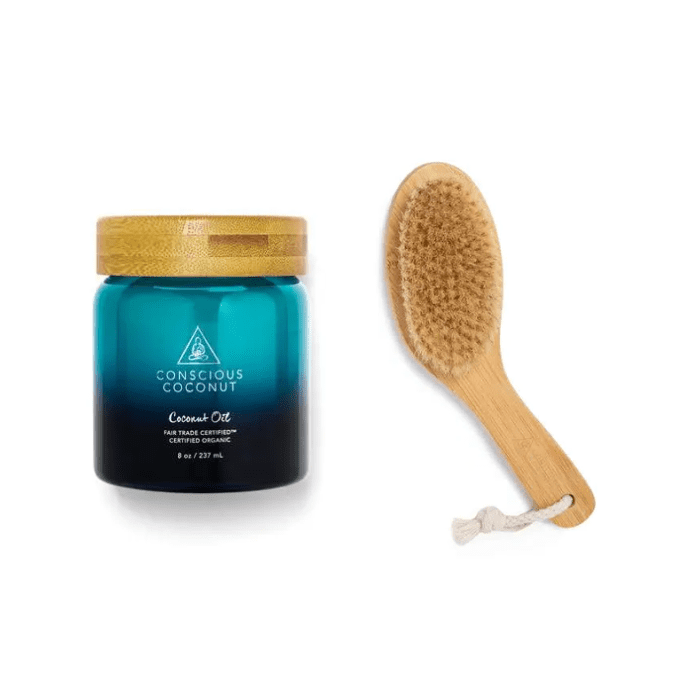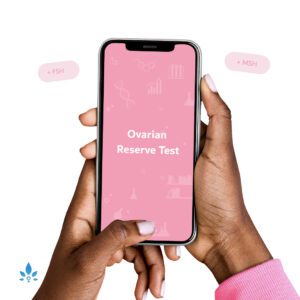How Often Should I see a Doctor for Endometriosis?


There is no definitive rule with regards to how often you should see a doctor if you have endometriosis. The main thing is to find a sympathetic doctor who will take the time to listen to any concerns you might have.
Endometriosis can be difficult to diagnose and often the symptoms will closely resemble those of other conditions, such as irritable bowel syndrome (IBS). For this reason you may initially be referred to a gastroenterologist rather than a gynaecologist. In fact, even once diagnosed, the best approach may well be to consult a multidisciplinary team of experts, depending on the specific symptoms you are experiencing.
Looking after your emotional health
It is also important to consider that endometriosis can have a large impact on your emotional wellbeing, and thus you need to manage more than just the physical symptoms of the condition. Chronic pain can be psychologically draining, as can putting on a ‘brave face’ in front of friends and family.
It is not unusual for endometriosis patients to report feeling isolated and alone and the condition has a strong association with depression. It is important to consult your doctor before these feelings start to overwhelm you. Your doctor should also be able to put you in contact with local support groups, where you will have the opportunity to talk to other women who are in the same position.
Personalised treatment approach
The wide ranging clinical presentation of endometriosis means that every patient ideally needs to have a personalised treatment plan, tailored to their own requirements. This can take time to optimise, so in the early days after diagnosis, it might be necessary to see the doctor on a regular basis. As symptoms improve, the frequency of visits should subside.
Nabta is reshaping women’s healthcare. We support women with their personal health journeys, from everyday wellbeing to the uniquely female experiences of fertility, pregnancy, and menopause.
Try Nabta’s Cycle Monitoring with OvuSense and understand your cycle and health.
Get in touch if you have any questions about this article or any aspect of women’s health. We’re here for you.
Sources:
- Endometriosis FAQs. Endometriosis UK, https://www.endometriosis-uk.org/endometriosis-faqs.
- Overview: Endometriosis. NHS, www.nhs.uk/conditions/endometriosis/. Page last reviewed: 18/01/2019.













































